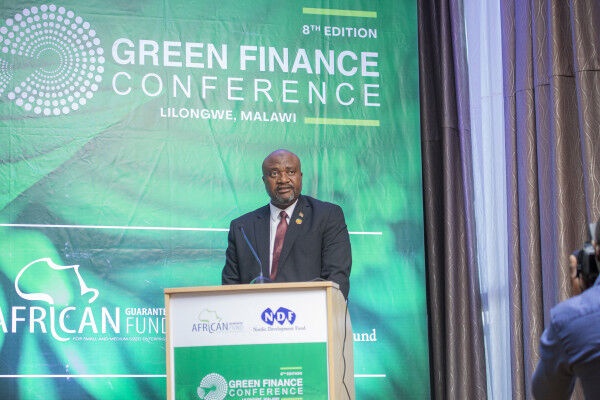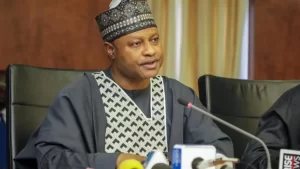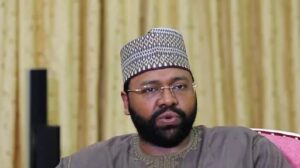The African Guarantee Fund (AGF), in partnership with the Nordic Development Fund (NDF), kicked off the 8th Edition of the Green Finance Conference in Lilongwe, Malawi. The high-level conference attended by key players in the Malawi Finance and Energy Sectors, regulatory-policy stakeholders and Green SMEs, highlighted the contribution of Malawi’s private sector to the achievement of the 2015 Paris Climate Agreement.
The Paris Agreement, which was adopted by 196 Parties during the United Nations’ U.N Climate Change Conference (COP21) in Paris, France on 12th December 2015, and put into effect on 4th November 2016; enforces a global framework to avoid dangerous climate change and also strengthens and supports each countries’ ability to deal with the impacts of climate change.
Malawi’s Vision 2063 reinforces the need to increase the nation’s resilience in agricultural technology, by adapting innovative technologies. Climate change is projected to decrease the rate at which Malawi can attain the goals of Vision 2063, as the country is prone to adverse climate hazards such as dry spells, seasonal droughts, intense rainfall and floods, that all increase the poverty levels of the nation.
Speaking at the opening ceremony, Malawi’s Minister of Energy, Hon. Ibrahim Matola said, “Climate change is a development issue that needs to be dealt with holistically. Climate change affects the budget negatively in the sense that the Ministry of Finance has to come in with budgetary resources, to implement mitigation and response mechanisms designed to minimise negative effects of climate change.”
The Green Finance Conference emphasised the need for the full implementation of the Paris Agreement, which requires private sector participation, especially the Small and Medium scale Enterprises (SMEs). SMEs make up over 90% of enterprises and account for up to 60% of job creation and economic development in Africa. SMEs leveraging green incentives such as the Green Guarantee Facility can only be successful through the adoption of complementary technical assistance, and support from their governments through the establishment of green financing policies.
In 2016, AGF partnered with the NDF to launch the Green Guarantee Facility which unlocks financing for SMEs investing in climate change mitigation and adaptation, thereby promoting a green growth-oriented economy. The facility aims to increase sustainable private-sector led economic growth in Africa through efficient utilisation of untapped clean energy resources and other climate-resilient development initiatives.
The AGF and NDF have played a significant role in reducing the risks assumed by the financial sector by offering financial guarantees to support green SMEs, that are unable to provide acceptable collaterals. Since the first Green Finance Conference in Lusaka, Zambia in March 2017, AGF and NDF have continued to work together to expand access to finance, for SMEs focused on Green-growth across the continent.
The financial institutions present will be taken through a three-day training on Credit Risk and Product Development in Green Finance. The training will highlight how both the AGF and NDF contribute to financial risk management, through the provision of green guarantee products, which include Loan Guarantees; Equity Guarantees; Bank Fundraising Guarantees; and Capacity Development, all aimed at facilitating financing of Green SMEs.









More Stories
FG has supported Naira with $8 billion, says Rewane
NNPC vs Dangote: Mele Kyari says security action taken against petrol reviewer
NBS latest data shows food inflation crashed by nearly 40%